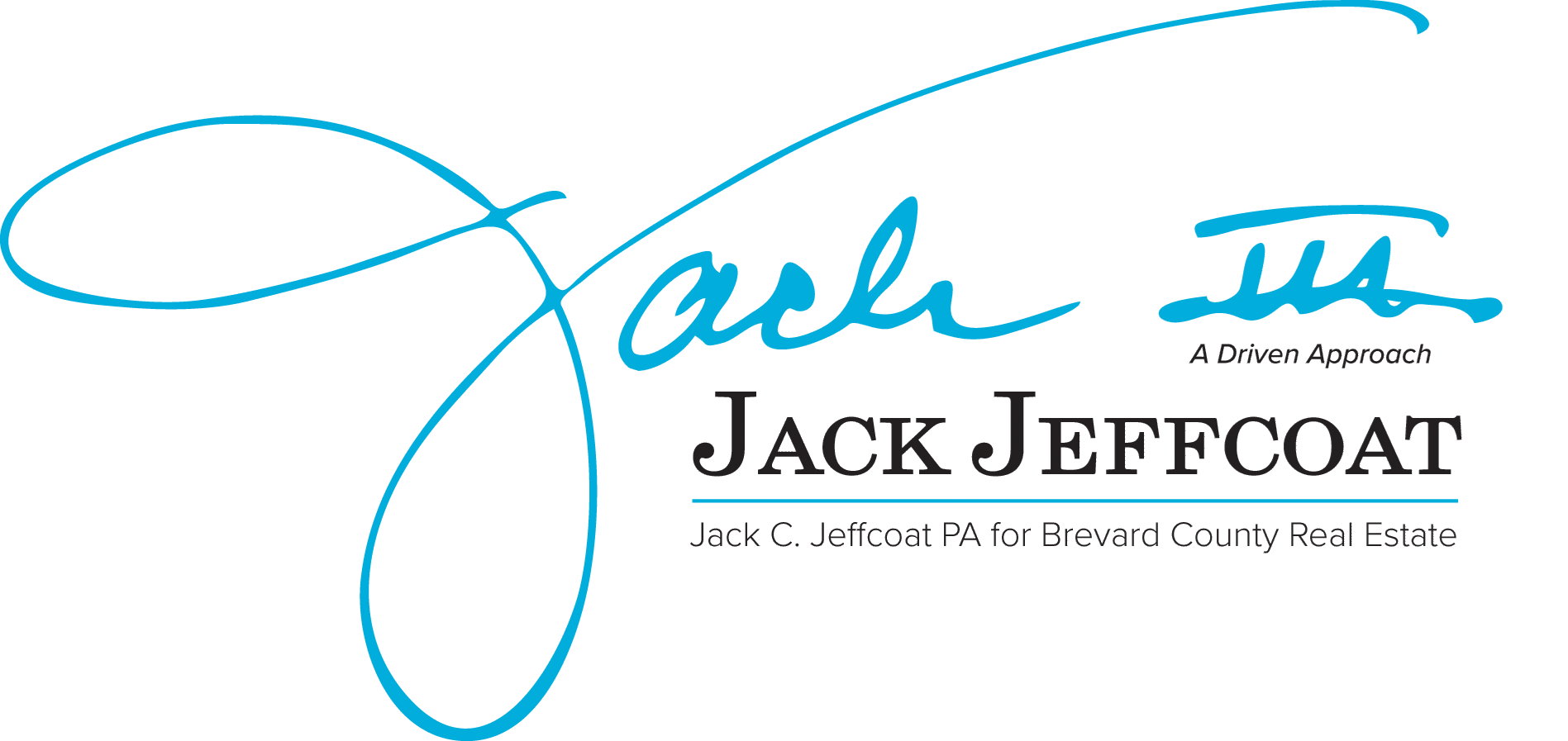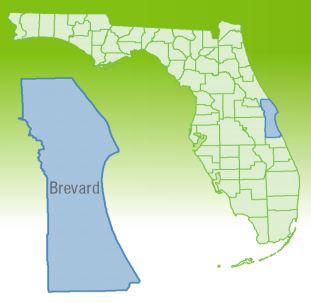Mortgage Tips
Six Mortgage Tips for the Self-Employed
But because of more stringent lending policies self-employed individuals in particular can expect far more scrutiny than in the past. In particular lenders are looking for proof of stability or a pattern of income. Fair or not the self-employed are not considered as "safe" a bet as someone on an established salary.
Simply stated lenders want to establish that the borrower can sustain a mortgage over time. Accordingly lenders are likely to require at least 2 years of the most recent tax returns as well as financial statements and possibly a quarterly profit loss statement. In their assessment of finances lenders will typically require an overall debt-to-income ratio of 41 percent or less though some will be less stringent depending on other factors such as excellent credit. Speaking of credit scoring because some lenders consider self-employed borrowers a higher risk it is possible to offset that risk with a high credit score. A score above 740 for example can greatly enhance a self-employed applicant's chances for approval. For self-employed applicants the secret to success is to prepare in advance.
Here's what you can do to increase your chances for success:
1. Pay-off your debts
Since your debt-to-income ratios will be considered paying off some of those liabilities can lower your levels to acceptable proportions.
2. Get your credit report in advance
If there is anything negative in your credit history take action to correct it before you apply for a mortgage. And in the process make every effort to raise your score above 740.
3. Adjust your income accordingly
Self-employed business people are typically very aware of beneficial tax deductions that will reduce their amount of taxable income. The problem is lenders will determine your eligibility for a loan based on your taxable income! With a deflated taxable income it's entirely possible that you'll qualify for a loan that's far below what you need. So a year before you're ready to apply for a mortgage talk to your accountant and see how to maintain quality deductions while also taking a high enough income. One solution may be to defer certain expenses to a later tax year. In fact deferment of expenses can also enhance financial reserve levels. Remember lenders are looking for stability – or your ability to pay over time. Your cash reserves will be a key element.
4. Meet with your potential lenders face-to-face
Online or telephone-based lenders are extremely convenient but for the typical challenges that confront the self-employed applicant it's better to meet with a specialized loan officer in person. Specialized experts are far more likely to direct you to a loan package that meets your specific needs.
5. Consider a joint mortgage
If you're married to someone who draws a regular paycheck on a W-2 consider having them apply as the primary applicant – with you listed as the secondary applicant.
6. Make a bigger down payment
Lenders tend to believe that with a greater personal investment the borrower is less likely to default. In fact some lenders will actually require self-employed applicants to submit a down-payment of at least 20 percent.






